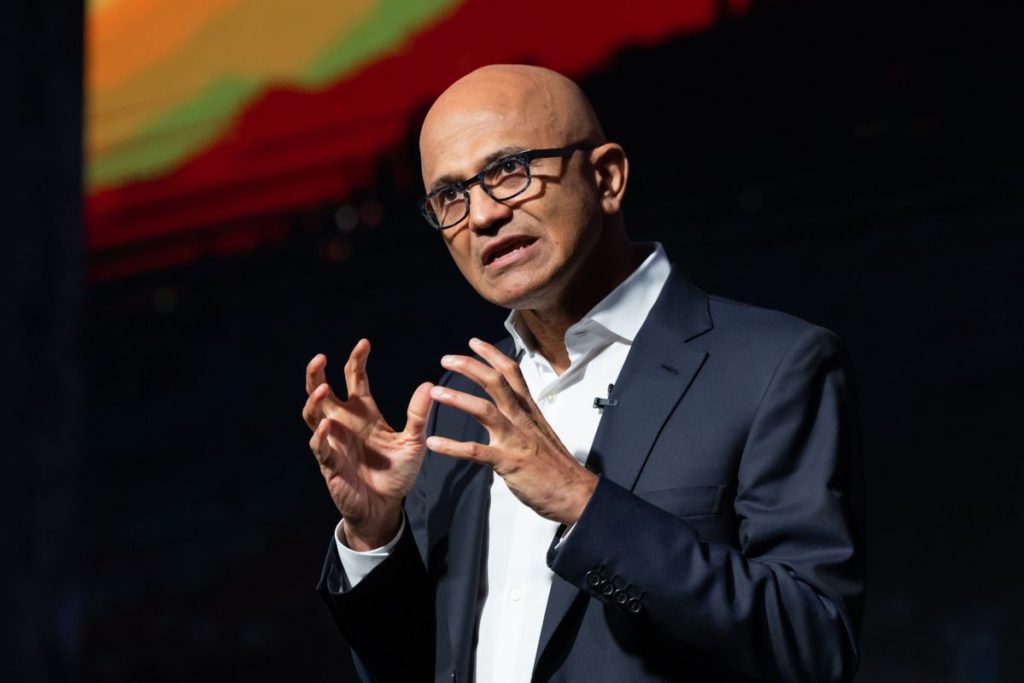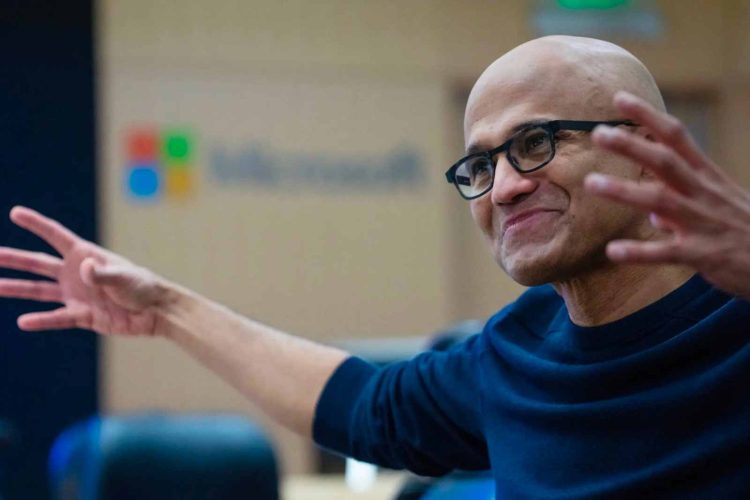In the rapidly evolving world of artificial intelligence (AI), the perspectives of those at the forefront—industry leaders, researchers, policy advisors, and technical experts—offer a unique lens through which to understand both the promise and peril of the technology. These individuals aren’t just observing trends; they’re shaping them. They are building the tools, influencing public discourse, advising governments, and raising alarms about what could go wrong.
This article explores how leading figures across sectors are interpreting the most important AI trends and challenges of our time—and what their insights tell us about where AI is heading next.
1. The Acceleration of Foundation Models
What the Experts Are Saying:
Tech leaders like Sam Altman (OpenAI) and Sundar Pichai (Google) view large language models (LLMs) as core infrastructure for the next wave of digital innovation. These models, including GPT-4, Gemini, and Claude, have become platforms rather than mere tools.
Researchers like Ilya Sutskever and Yann LeCun, however, caution that while impressive, these models still lack true understanding, common sense, and causality. They see the need for more fundamental breakthroughs to move beyond statistical mimicry.
Key Takeaway:
The hype is real—but so is the complexity. Experts agree that LLMs are a breakthrough, but not the endpoint. Future systems must be more grounded, multimodal, and reasoning-capable.
2. Responsible AI and the Ethics Imperative
What the Experts Are Saying:
Timnit Gebru, Joy Buolamwini, and Kate Crawford are among the most vocal critics of unchecked AI development. Their work emphasizes algorithmic bias, surveillance risks, and social inequalities embedded in AI systems.
Meanwhile, companies like Anthropic and DeepMind are investing heavily in “constitutional AI,” “RLHF” (reinforcement learning from human feedback), and safety research to preempt harm.
Industry executives increasingly acknowledge that ethics cannot be bolted on after deployment—they must be embedded from the start.
Key Takeaway:
AI ethics is not a fringe concern. It’s now central to how leading voices think about development, trust, and adoption. Transparent, accountable, and equitable systems are necessary for long-term viability.
3. The Rise of Open-Source vs. Proprietary Models
What the Experts Are Saying:
A debate is intensifying between closed-source giants (like OpenAI and Google DeepMind) and open-source advocates (such as Yann LeCun at Meta, Stability AI, and EleutherAI).
Open-source leaders argue that transparency fuels democratization, innovation, and scrutiny, while critics warn that it could accelerate misuse, including in misinformation, hacking, or autonomous weapon systems.
Key Takeaway:
The future of AI governance may hinge on this divide. Experts are split—but all agree that access, safety, and control must be carefully balanced.
4. AI’s Impact on Jobs and Human Labor
What the Experts Are Saying:
Economists like Erik Brynjolfsson and Daron Acemoglu emphasize that AI will redefine, not just replace, work. Augmentation—not automation—could dominate, with new roles like AI ethicist, prompt engineer, and human-AI supervisor emerging.
However, others like Gary Marcus warn of economic displacement and a widening skills gap if proactive labor and education policies aren’t implemented.
Key Takeaway:
AI will transform labor markets—but whether it lifts or destabilizes them depends on social investment, reskilling efforts, and regulatory foresight.
5. Geopolitical Tensions and Regulatory Fragmentation
What the Experts Are Saying:
Brad Smith (Microsoft) and Mustafa Suleyman (now at Microsoft AI) highlight the importance of global cooperation and guardrails, especially in sensitive domains like national security, misinformation, and intellectual property.
At the same time, countries are diverging in their approach. The EU has passed the AI Act, China has implemented real-time content regulation, and the U.S. is moving toward sector-based oversight.
Key Takeaway:
The lack of a unified global regulatory framework is emerging as a critical challenge. Experts stress the need for shared norms, cross-border data governance, and AI diplomacy.
6. Scientific Discovery and Superhuman Capabilities
What the Experts Are Saying:
AI leaders like Demis Hassabis (DeepMind) see models like AlphaFold as harbingers of a new era of scientific acceleration. The combination of machine learning and massive datasets can reveal insights in protein folding, drug development, and even mathematics.
However, scientists caution that explainability and validation remain essential. Models must be treated not as oracles, but as collaborators whose findings are subject to rigorous human scrutiny.
Key Takeaway:
Experts agree that AI will become a core driver of discovery—but only if paired with strong scientific principles and human oversight.

7. The Future of Creativity and Cultural Expression
What the Experts Are Saying:
Creative professionals and researchers like Douglas Eck (Magenta), Ed Newton-Rex, and artists across disciplines are both excited and uneasy about generative AI in music, literature, and art.
While tools like DALL·E and Sora expand access to creative expression, concerns over originality, copyright, and labor displacement are growing.
Key Takeaway:
AI is becoming a collaborator in human creativity—but legal clarity and cultural respect are urgently needed to avoid exploitative dynamics.
8. The Long-Term Question of General Intelligence
What the Experts Are Saying:
Some, like Ray Kurzweil and Nick Bostrom, believe we are on a path toward AGI—and must plan for existential risks. Others, including Gary Marcus and Melanie Mitchell, argue that AGI remains speculative, and that today’s models are far from understanding or consciousness.
Even optimists like Sam Altman now admit the path forward is uncertain, and safety, alignment, and interpretability are essential before any claims of “general intelligence” can be taken seriously.
Key Takeaway:
The expert community is divided on timelines and definitions—but united in the view that we must build carefully, not just quickly.
9. Emerging Challenges: Data, Energy, and Infrastructure
What the Experts Are Saying:
With the rise of billion-parameter models comes a steep cost: data hunger, environmental impact, and infrastructure centralization. Researchers warn that current trends are not sustainable.
Efforts to develop more data-efficient, energy-aware, and decentralized AI systems are gaining traction, including neuromorphic computing, federated learning, and edge AI.
Key Takeaway:
Experts urge a shift from brute force to responsible, efficient AI—ensuring progress without exhausting global resources or concentrating power.
Conclusion: Decoding the Future Through Expert Vision
Whether building cutting-edge systems, shaping public policy, or raising ethical alarms, today’s AI experts offer a complex, nuanced picture of the field. They reveal:
- A dual narrative of unprecedented opportunity and profound risk.
- A landscape where speed and scale are outpacing governance and understanding.
- A future that is not predetermined, but designable, depending on human decisions now.
For anyone navigating the AI revolution—policymakers, educators, entrepreneurs, or citizens—these expert interpretations offer more than information. They provide orientation, foresight, and moral compass in a time of rapid transformation.
Understanding AI through the eyes of those building and questioning it is not optional—it’s essential for shaping a future that serves the many, not the few.











































